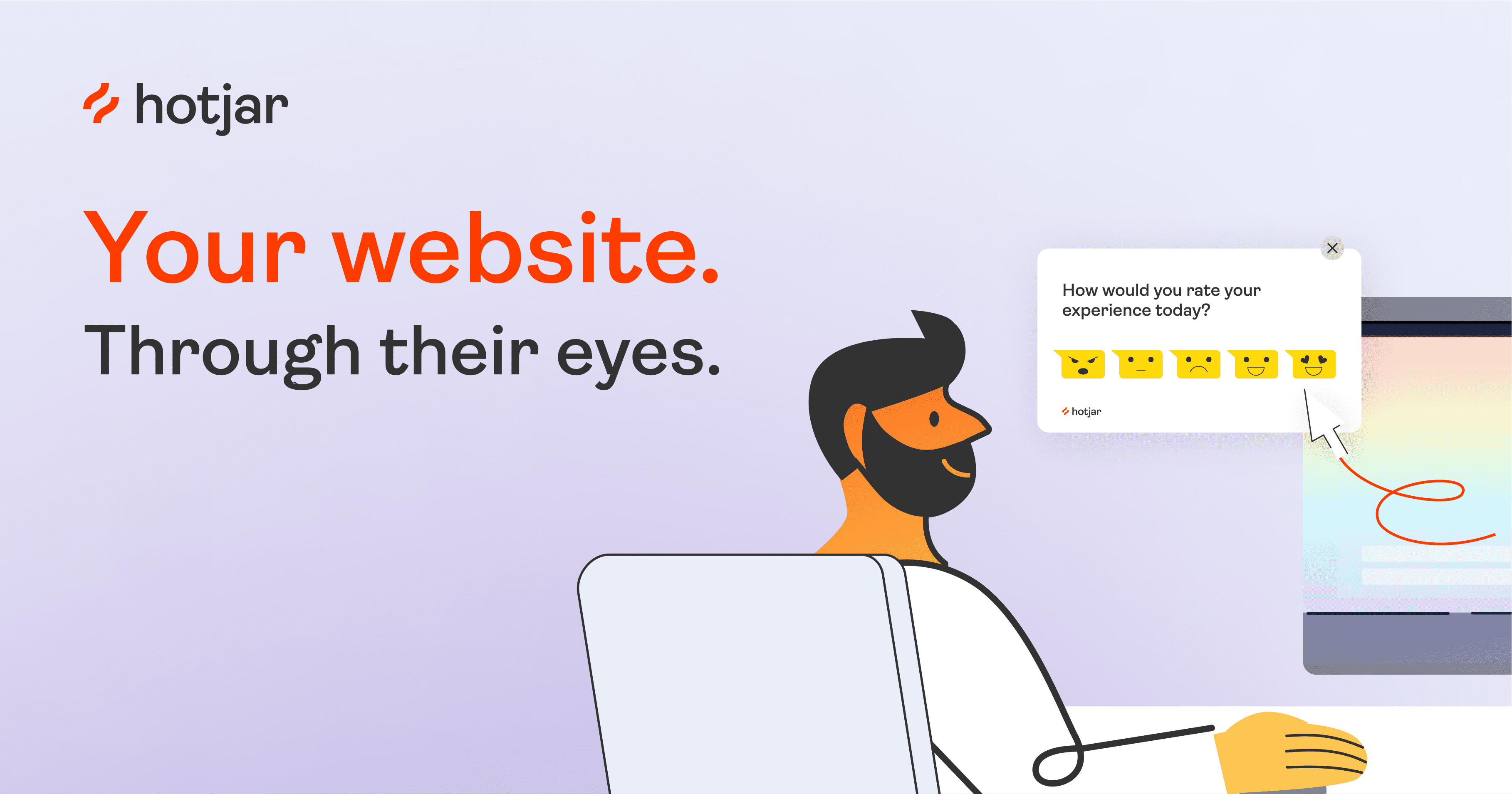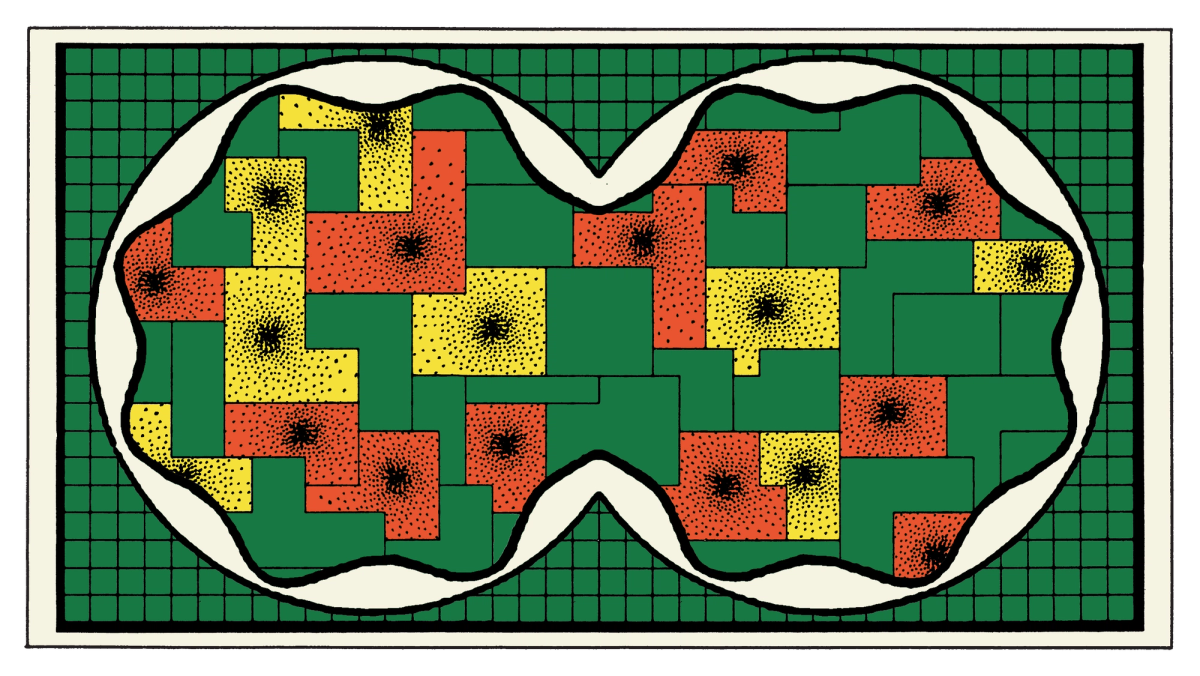- Sloth Bytes
- Posts
- 🦥 Does Programming Ever Get Easier?
🦥 Does Programming Ever Get Easier?

Hello friends!
Welcome to this week’s Sloth Bytes. I hope you had a great week!

Try the internet’s easiest File API
Tired of spending hours setting up file management systems? Pinata’s File API makes it effortless. With simple integration, you can add file uploads and retrieval to your app in minutes, allowing you to focus on building features instead of wasting time on unnecessary configurations. Our API provides fast, secure, and scalable file management without the hassle of maintaining infrastructure.

Sloths have weird blood flow
Sloths spend so much time hanging in unusual positions that they cannot rely on gravity to help blood flow, so they have specialized valves and sphincters within the sloth’s circulatory system ensure blood maintains constant pressure and direction, always flowing in the right direction at the right speed.

Does Programming Ever Get Easier?

Have you ever found yourself staring at lines of code, feeling overwhelmed and wondering if you'll ever truly get the hang of it?
You're not alone.
Many beginners ask themselves whether programming becomes easier over time or if they’ll always be bad at programming.
Well…
It does get easier, but let me tell you a secret…
Everyone is bad at programming.
The Early Challenges
When you first start learning to program, everything feels new and unfamiliar.
There's a lot of syntax rules, logic structures, and concepts that can make you feel dumb.
It's like learning a new language while simultaneously solving complex puzzles.
This initial phase is tough, but it's also a normal part of the learning process.
The Steep Learning Curve
Programming has a steep learning curve at the beginning.
You're not just memorizing commands; you're learning to think in a new way.
It requires you to break down problems into smaller, manageable parts and to consider how a computer would interpret your instructions.
This shift in thinking takes time to develop.
Gaining Experience and Confidence
As you continue to practice and write more code, patterns start to emerge.
You begin to recognize common solutions and strategies for tackling problems.
With each project, your understanding deepens, and tasks that once seemed impossible become manageable.
This growing experience builds confidence.
Does It Actually Get Easier?
Yes, programming does get easier in many areas.
Over time, you spend less energy on understanding basic syntax and more on solving interesting problems.
Your debugging skills improve, allowing you to identify and fix issues more quickly.
However, it's important to note that programming is a field of continuous learning.
There's always a new language, framework, or technology to explore.
Maybe you’re an expert in Python but try something like Haskell and you’re back to being a beginner.
Why It Sometimes Feels Hard
Constant Evolution: Technology doesn't stand still. Keeping up with new developments can be challenging.
Complex Problem-Solving: Not every problem is the same. Programming often involves tackling intricate and abstract problems.
Impostor Syndrome: Even experienced programmers sometimes feel like they don't know enough.
These factors can contribute to the feeling that programming is difficult.
Finding Your Groove
At some point, you'll notice that concepts start to click more naturally.
You'll face new challenges with a focus on solving them instead of feeling worried.
This is a sign that you've reached a level of proficiency where programming becomes more intuitive.
Tips to Make the Journey Smoother
Practice Consistently
Regular coding helps reinforce what you've learned and keeps your skills sharp. Even if you take a week break, you’ll probably forget something.
Work on Projects That Interest You
Building something you're passionate about makes learning enjoyable and meaningful.
Engage with the Community
Join forums, attend meetups, or collaborate on open-source projects to learn from others.
Embrace Challenges
Don't shy away from difficult problems; they accelerate your learning and growth.
The Joy of Mastery
One of the most rewarding aspects of programming is the satisfaction that comes from solving a tough problem.
As you gain experience, you'll find that you can tackle increasingly complex tasks, which is both empowering and motivating.
Embracing Lifelong Learning
Programming is a field where you'll never know everything, and that's okay.
Embracing continuous learning keeps your mind active and opens up new opportunities.
Rather than seeing it as a hurdle, view it as an exciting journey with endless possibilities.
You're Part of a Community
Remember, every programmer has faced challenges similar to yours.
The tech community is vast and supportive.
Don't hesitate to ask questions, seek mentorship, or offer help to others.




Thank you to everyone who submitted 😃
ddat828, RelyingEarth87, Yoshlix, MihRdv, agentNinjaK, SerialDesign, kwame-Owusu, clsmv, Dupamin, MustySix66, and taypham88
Numbers to English
Write a function that accepts a positive integer between 0 and 999 inclusive and returns a string representation of that integer written in English.
Examples
numToEng(0)
output = "zero"
numToEng(18)
output = "eighteen"
numToEng(126)
output = "one hundred twenty six"
numToEng(909)
output = "nine hundred nine"Notes
There are no hyphens used (e.g. "thirty five" not "thirty-five").
The word "and" is not used (e.g. "one hundred one" not "one hundred and one").
How To Submit Answers
Reply with
A link to your solution (github, twitter, personal blog, portfolio, replit, etc)
or if you’re on the web version leave a comment!

NEW VIDEO
That’s all from me!
Have a great week, be safe, make good choices, and have fun coding.
If I made a mistake or you have any questions, feel free to comment below or reply to the email!
See you all next week.



/cdn.vox-cdn.com/uploads/chorus_asset/file/23951350/STK043_VRG_Illo_N_Barclay_6_Meta.jpg)
/cdn.vox-cdn.com/uploads/chorus_asset/file/24016884/STK093_Google_05.jpg)
/cdn.vox-cdn.com/uploads/chorus_asset/file/25697672/videoframe_344844.png)



Reply